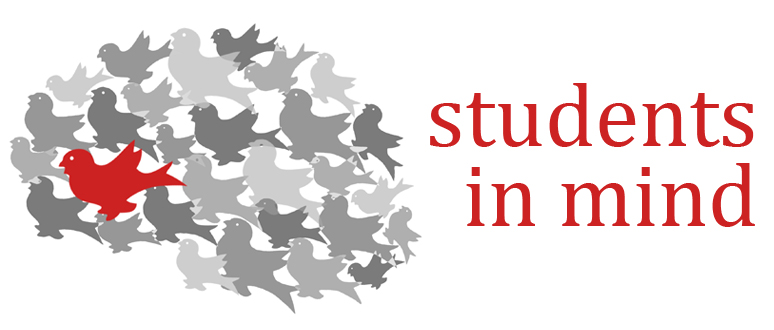On October 4, Students in Mind (SiM), a grassroots student-run organization at McGill, hosted their third annual Mental Health Conference. Over 200 attendees participated in workshops, panel discussions, and attended guest lectures, all of which took place in SSMU.
“Far too long has the topic of mental health and illness been neglected, leading to unfortunate stigmatization and discomfort,” explained Adam Pietrobon, Publicity Executive for the organization.”SiM was driven forward as a response to this stigmatization, seeking to break down barriers and start the conversation.”
Intended as an informative one-day conference with a focus on facilitating open discussions about mental illness, the event doubled as an interactive workshop geared towards improving university policy and treatment of mental illnesses on campus.
Keynote speaker Eytan Millstone, an award-winning spoken word artist, comedian, and writer, kicked off the event with an evocative lecture on the role mental health has played in his life, a revision of his recent TEDxCrescentSchool talk in 2014. “Quitting cocaine was easy, but loving myself again took two years,” he expressed.
His talk, which touched upon personal anecdotes of familial alcoholism, depression, suicide, and drug abuse, culminated with a comparison of how medical systems treat physical and mental illnesses differently. While a physical ailment often requires a simple cure, psychopathologies are more difficult to solve.
Quitting cocaine was easy, but loving myself again took two years.
Millstone emphasized the importance of bridging our internal thoughts with external conversations. “Our mental wellbeing is our foundation. There’s no report card tracking the status to your own happiness,” explained Millstone. In fact, clinical case reports have demonstrated how physical changes in lifestyle – moving to a better neighbourhood, eliminating negative relationships, exercise, and even practicing art – can counteract symptoms of depression and anxiety.
Danny Jomaa, Director of SiM, reiterated that the goal of the day was to “start a simple and considerate conversation.” As hoped, the event provided a safe space for strangers to discuss emotional and psychological struggles openly. Interactive workshops encouraged discussion by tackling issues such as the societal stigmatization of mental illness. Active breaks – such as dance, art, healthy cooking and yoga – promoted health and wellness. A portion of the day was dedicated to a Club Fair, which allowed various groups and services on campus affiliated with mental health promotion to hand out information. Among these groups were Peer Support Services, McGill Students’ Nightline, Office for Students with Disabilities, Mental Health Services, and Queer McGill.
“I hope this conference opens the minds of students at McGill to the fact that some of their peers experience mental illness,” said Zeina Salameh (U3 Education), a volunteer for the event. “In my culture, mental illness doesn’t exist, in that you don’t show physical symptoms. Imagine a student from a similar background telling their parents they have mental illness. [Their parents] would look for a bruise, something physical on the body and conclude, ‘There’s nothing wrong with you’.”
There is no consensus in the field of psychiatry as to why prevalence rates for mental disorders have skyrocketed in the past decade. While some experts attribute this change to physiological differences, others blame parenting techniques for insulating their children from adversity, as expressed in an article published in The Atlantic this past summer, The Coddling of the American Mind. Another possibility, discussed at length during a panel session, was the role technology plays in providing constant distraction. There is little to no “down time” to process psychosocial experiences.
Our mental wellbeing is our foundation. There’s no report card tracking the status to your own happiness.
A fellow attendee of the conference attributed the development of emotional distress and emergence of more deeply-rooted mental illness to an erasure of well-known social structures. “When people come to McGill, they lose their peer network,” commented Dr. Nancy Heath, a professor of Educational and Counseling Psychology, during a panel on fostering positive student mental health at university. Asserting that mental health “training” should be part of the freshman curriculum, Heath proposed the teaching of “techniques that are easy to acquire to build mental health resilience.”
There may not be a simple “rulebook,” as Millstone alluded, for treating psychological distress. Treatment is not as strategic as taking an antibiotic for strep throat or insulin for diabetes. In contrast, strategies for restoring mental stability are broad in scope. As Chloe Rourke, VP of University Affairs of SSMU, encouraged, “Take care of yourself first. And don’t be afraid to acknowledge thought dysregulation and talk to someone.”
“Our goal for the event is to achieve a form of empowerment, where students can walk away from the conference feeling motivated and equipped to tackle the pervading stigma and be ambassadors for mental health,” Pietrobon concluded.








